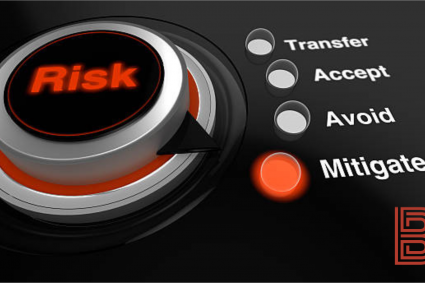
Governance, Risk, and Compliance (GRC) initiatives are integral to modern organizational management, aiming to streamline processes, enhance risk management, and ensure regulatory adherence. These initiatives encompass a framework that integrates governance, risk management, and compliance into a cohesive strategy, driving efficiency and accountability.
Governance within GRC focuses on establishing robust organizational structures, policies, and procedures to guide decision-making and strategic direction. It involves defining roles and responsibilities, fostering transparency, and promoting ethical behavior across the organization. Effective governance ensures that the organization’s objectives align with its overall mission and values.
Risk management in GRC involves identifying, assessing, and mitigating risks that could impede organizational goals. This includes financial, operational, strategic, and compliance risks. GRC initiatives promote a proactive approach to risk, utilizing advanced analytics and technology to predict and manage potential threats. Regular risk assessments and continuous monitoring are vital components, enabling organizations to adapt to evolving risks swiftly.
Compliance in GRC refers to adhering to laws, regulations, standards, and internal policies. This is crucial in avoiding legal penalties, financial loss, and reputational damage. GRC initiatives streamline compliance processes through automated reporting, real-time monitoring, and comprehensive documentation. They ensure that the organization stays updated with regulatory changes and maintains a culture of compliance.
GRC initiatives also enhance decision-making by providing an excellent view of the organization’s risk landscape. Integrated GRC platforms enable seamless communication and data sharing across departments, breaking down silos and fostering a collaborative approach to risk management and compliance. This integration facilitates better resource allocation and strategic planning, ultimately driving organizational resilience and performance.
Moreover, GRC initiatives support sustainable business practices by embedding environmental, social, and governance (ESG) criteria into the corporate strategy. This aligns with growing stakeholder expectations for responsible and ethical business conduct.
GRC initiatives are crucial for modern organizations aiming to navigate complex regulatory environments, manage risks effectively, and ensure robust governance. By integrating governance, risk management, and compliance, these initiatives provide a comprehensive framework that enhances operational efficiency, strategic decision-making, and organizational resilience.
WWW.BARETZKY.NET




















